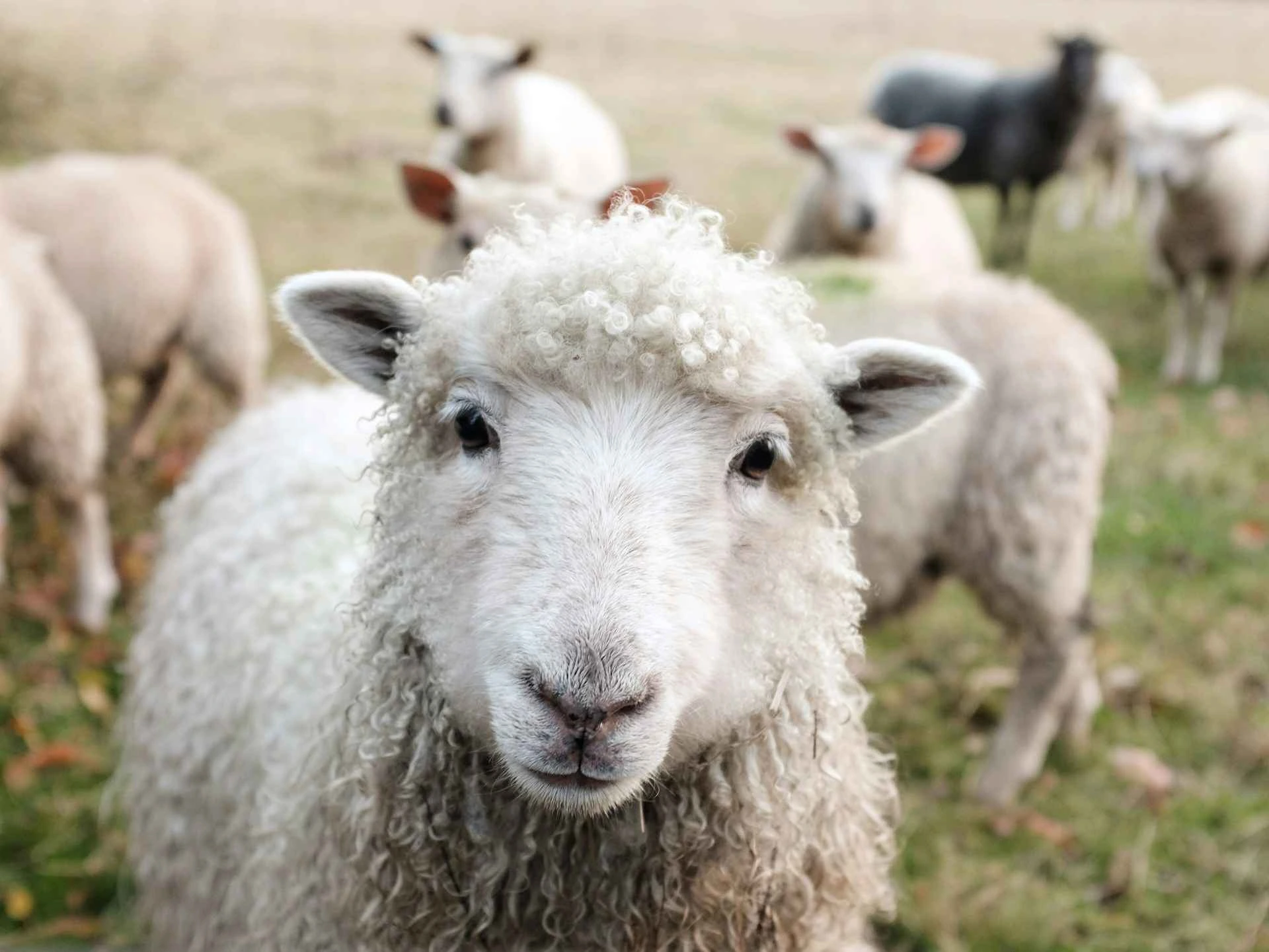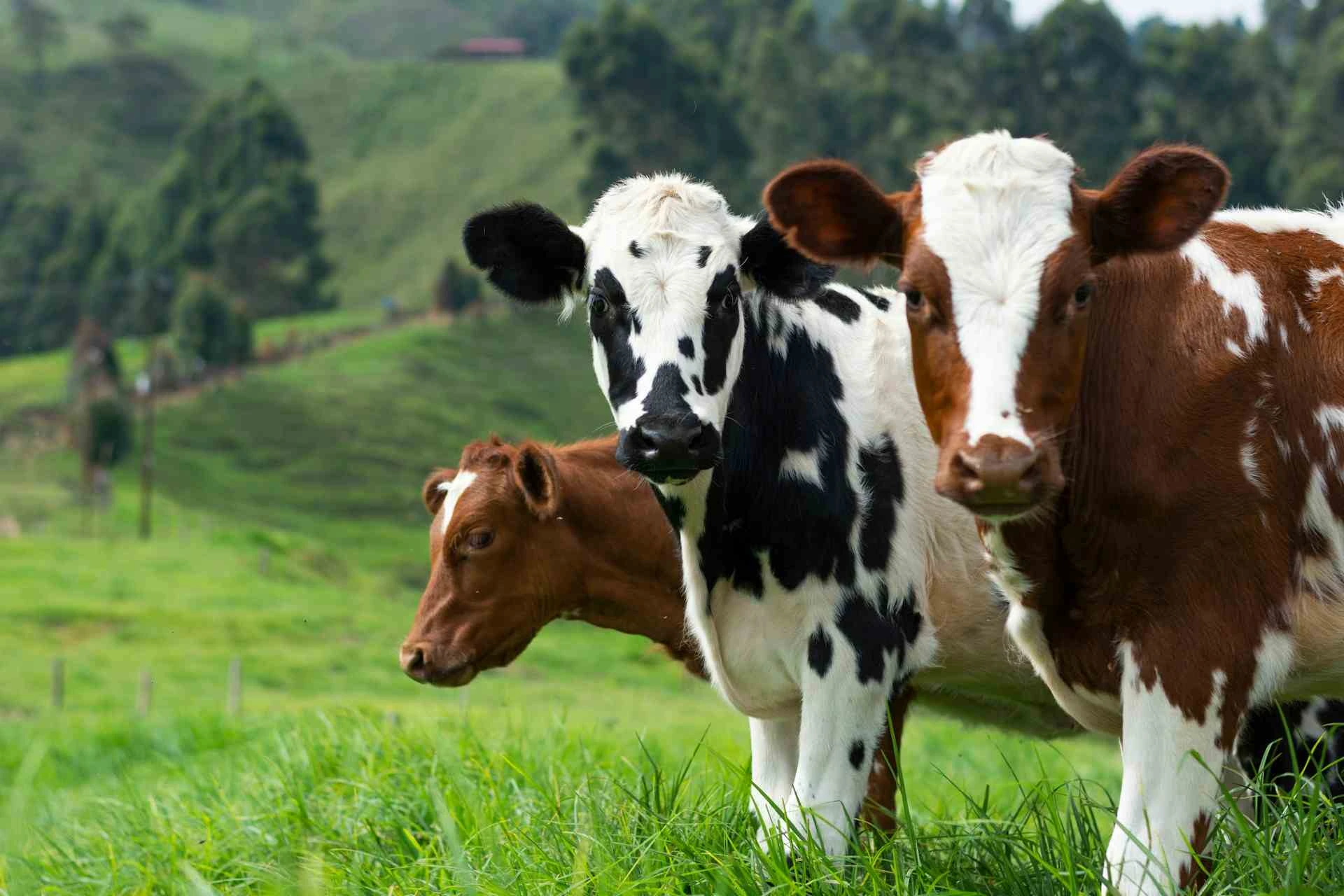In a landmark decision, the UK government has officially enacted a ban on the export of live animals for slaughter and fattening. This move, aimed at improving animal welfare, addresses concerns over the inhumane conditions faced by animals during long-distance transport.
The ban, effective from 20 May 2024, has far-reaching implications for animal exports and sets a new standard for the treatment of animals within and outside the UK. This article provides an in-depth look at the reasons behind the ban, its impact on the industry, and what exporters need to know moving forward.
James Cargo Services provide expert, compliant livestock transport services, with a focus on safety, comfort and animal welfare.
Reasons Behind the UK’s Ban on Live Animal Exports
The decision to ban the export of live animals stems from long-standing concerns about animal welfare during transportation. For years, advocacy groups have highlighted the often poor conditions that animals endure while being transported long distances to be slaughtered or fattened abroad.
These conditions can lead to stress, injury, and even death. The UK government has responded to these concerns by taking significant steps to restrict the live animal trade.
Animal Welfare Behind the Live Animal Export Ban
Transportation of live animals across borders involves long journeys, often in overcrowded and unsuitable conditions. Animals may be subjected to extreme temperatures, limited access to food and water, and physical stress. Such practices have been found to contribute to a range of welfare issues, including injury, disease transmission, and even death.
The ban was introduced as part of the UK’s commitment to improving animal welfare standards and ensuring that the transport of animals aligns with ethical considerations. The government is also seeking to promote alternative methods for exporting animal products, such as meat, which allows for humane treatment and less stress on the animals involved.
Public and Parliamentary Support for the Ban
The ban on live animal exports has gained widespread support from animal rights activists, veterinary professionals, and members of Parliament. Public outcry over the conditions animals were subjected to during transport has played a key role in pushing the government to take action.
The new legislation has been praised for its proactive approach to reducing the suffering of animals involved in the trade.
For reliable livestock transport, contact James Cargo Service to discuss your relocation needs.

Key Provisions of the Live Animal Export Ban
This ban restricts the transportation of certain animals for slaughter and fattening purposes. However, it does not apply to the export of live animals for breeding purposes, as this remains permissible under the new law
Below are the key provisions of the ban:
-
1. Ban on Live Animal Exports for Slaughter
Under the new regulations, the export of live animals for slaughter has been prohibited. This means that animals will no longer be transported across borders to be slaughtered in foreign countries. The ban applies to all animals intended for slaughter, including cattle, pigs, sheep, and poultry.
This move is aimed at ensuring that animals are slaughtered as humanely as possible and within the UK, where strict animal welfare regulations are already in place. The government’s goal is to ensure that animals are slaughtered closer to their point of origin to minimize the stress and suffering caused by long-distance transport.
-
2. Restrictions on Live Animal Exports for Fattening
In addition to the ban on live animal exports for slaughter, the export of animals for fattening purposes is also prohibited. This means that animals will no longer be sent abroad for purposes of being raised to a certain weight before being slaughtered. Like the export for slaughter, this decision was motivated by concerns about the animals' welfare during the long journey.
-
3. Exemptions for Breeding Purposes
One important exemption to the ban is the continued allowance of live animal exports for breeding purposes. The UK government recognizes that certain livestock breeds are integral to the farming industry, and some animals will still need to be transported for breeding abroad. However, stringent checks and conditions must still be met to ensure the health and welfare of the animals involved.
Trust James Cargo Services for compliant and humane livestock shipping for breeding. Contact us today.
Impact of the Ban on UK’s Animal Export Industry
The live animal export ban has significant implications for the UK’s animal export sector. While the ban primarily focuses on the welfare of animals, it also affects trade and the broader economy.
Below are some of the key impacts:
-
Economic Implications for Farmers and Exporters
The ban on live animal exports will undoubtedly have economic consequences for those in the animal export industry. Farmers and livestock producers who previously relied on selling live animals to foreign markets will now need to adapt. This may lead to a decline in the market for certain types of live animals, particularly in countries where there is high demand for animals intended for slaughter.
However, UK exporters can pivot to exporting animal products like meat and wool, which do not carry the same welfare concerns. With the right marketing and adjustments, farmers can transition into new export sectors, reducing their dependence on the live animal trade.
-
Potential Trade Disruptions
The live animal export ban may lead to temporary disruptions in international trade relationships. Countries that previously imported live UK animals for slaughter or fattening will need to explore alternative sources or increase their domestic production. Some UK exporters may face challenges in re-establishing their operations and finding new markets for animal products.
-
Opportunities for Improved Welfare Standards
Despite the potential economic challenges, the ban creates an opportunity for UK businesses to adopt more sustainable and welfare-conscious practices. Exporting meat and other processed animal products ensures that animals do not face the same risks associated with long-distance transport.
Enforcement and Compliance with the Ban
Enforcing the ban on live animal exports requires significant coordination between government authorities, law enforcement, and animal welfare organizations. The UK government has introduced strict monitoring measures to ensure compliance with the new regulations. Some key aspects of enforcement include:
-
1. Inspection and Certification
Animals being exported for breeding purposes will still need to undergo health inspections and obtain the necessary export certifications. This ensures that the animals meet the required health standards and that their transportation is safe and humane.
-
2. Penalties for Non-Compliance
Exporters who violate the ban may face significant penalties, including fines and legal action. The government has made it clear that it will not tolerate any attempts to circumvent the regulations, and violators can face serious consequences.
-
3. Monitoring by Animal Welfare Groups
Animal welfare organizations play a crucial role in monitoring the live animal export trade. These groups will continue to track the movement of animals to ensure that all legal requirements are met and that animals are treated in accordance with UK law.
Moving Forward: Sustainable Alternatives for the Export Industry
The UK’s decision to ban live animal exports presents an opportunity for innovation and growth in the animal product export sector. The government encourages the development of alternative solutions that prioritize animal welfare. Some potential avenues for growth include:
- Exporting Processed Meat: Instead of exporting live animals, exporters can focus on increasing the production and export of high-quality, ethically sourced meat.
- Animal Breeding Programs: Breeding programs that allow for more sustainable and ethical animal farming practices can continue to be a key component of the UK’s agricultural exports.
Conclusion
The UK’s ban on live animal exports marks a historic shift in how the country handles animal welfare during transportation. By prioritizing humane treatment and supporting the ethical export of animal products, the government has taken a bold step toward improving the lives of animals while reshaping the future of the animal export industry.
As the industry adapts to these new regulations, there are clear opportunities for growth through sustainable practices that align with global expectations of animal welfare.
Expert Livestock Transport Services
When it comes to transporting livestock, whether for breeding, conservation, or relocation, the utmost priority is ensuring the safety, comfort, and welfare of the animals. At James Cargo Services (JCS Livestock), we specialize in worldwide animal transport services, delivering professional, reliable, and humane solutions for moving livestock across borders.
With over 20 years of experience, we have developed the expertise to handle all animal transportation needs, from the smallest pet to the largest exotic species.
Get in touch now!
